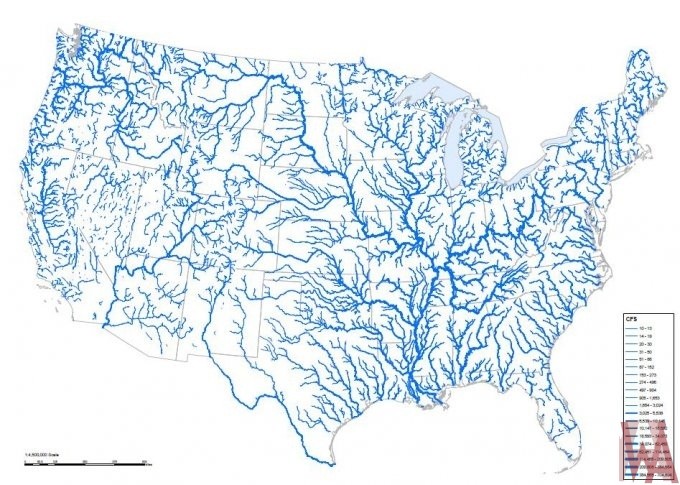WHAT IS COMPLEXITY, AND SPATIAL COMPLEXITY?
Early studies suggested that simple ecosystems were less stable than complex ones, but later more studies came to the opposite conclusion. Confusion arose because of the many different meanings of the terms ‘complexity’ and ‘stability’ literature. To date, most of the possible questions about the relationship between stability–complexity have not been asked.
Research in complex systems studies has shown that many complex systems, whether they are ecosystems, brains or social systems, share common structural and dynamical properties. Recurrent themes include: power law scaling, self-organized synchrony between components, and the emergence of stable structures that dissipate energy. Much of the research in ecological complexity involves the analysis of ecological data to see to what extent ecosystems share these common properties with other complex systems.
The combination of local interactions and feedback loops between different hierarchical levels in a complex system gives rise to self-organized structural, spatial, and temporal signatures that are neither completely ordered (equivalent to a uniform spatial pattern or temporal equilibrium) nor disordered (random or chaotic). This class of structure and dynamics is extremely difficult to characterise and currently there exist very few tools that are appropriate for the description of complex signatures in ecosystems. Understanding how such signatures (which are often universal amongst all complex systems) arise is even more difficult. The key challenges in the field of ecological complexity include, therefore: 1) the development of appropriate descriptive measures to quantify the structural, spatial, and temporal complexity of ecosystems; and, 2) the identification of the mechanisms that generate this complexity, through modelling and field studies.
--see from Dr. LAEL PARROTT



Read more information on complexity, see story by Melanie Mitchell, and Willian Graham.
